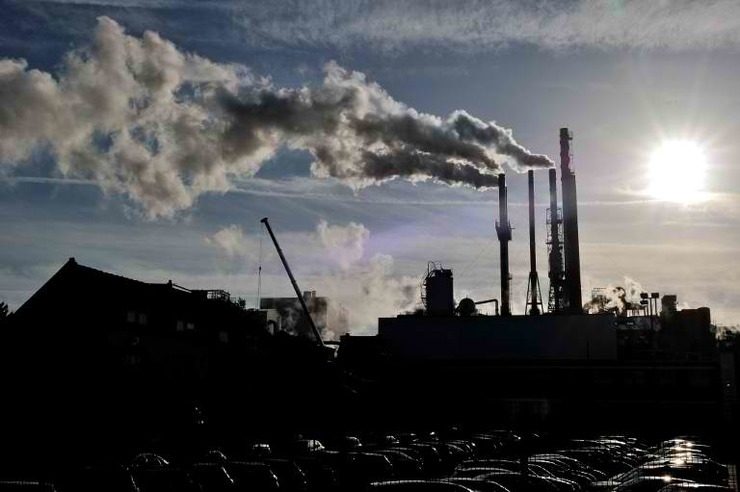SUMMARY
This is AI generated summarization, which may have errors. For context, always refer to the full article.

PARIS, France – The UN’s top panel on climate change was sifting Friday, October 31, through the final details of a report aimed at guiding policies on global warming for years to come, sources said.
Green organizations attending the Copenhagen meeting as observers said crafting of the landmark document was heading smoothly towards the finishing line.
“Things are progressing,” said Alden Meyer of the US-based Union of Concerned Scientists (UCS).
“The report is going to tell a fairly clear story” about climate change and options for tackling it, he told Agence France-Presse by phone.
The document crowns a vast overview of the existing scientific evidence for global warming, predictions of its impacts, and solutions for curbing greenhouse-gas emissions which cause the problem.
It is the final chapter in a massive report by the Intergovernmental Panel on Climate Change (IPCC) — compiled by top scientists and approved by governments.
The years-long process of compiling the review is criticized as conservative and cumbersome by some, but praised by others as giving the panel greater political clout.
Three volumes in the Fifth Assessment Report have been published over the past 13 months, comprising thousands of pages written by hundreds of experts.
These are now being distilled into a synthesis report, along with a summary for national policymakers, which is being hammered out line by line in a five-day meeting that began on Monday.
The report and summary will be unveiled at a press conference in Copenhagen on Sunday, attended by UN Secretary General Ban Ki-moon.
UN members have vowed to limit warming to two degrees Celsius (3.6 degrees Fahrenheit) over pre-industrial levels.
But heat-trapping carbon emissions are rising so fast that in the worst-case scenario sketched by the IPCC, the planet could be up to 4.8 C warmer by 2100 and sea levels up to 82 centimeters (32 inches) higher.
Ban last month organized a special summit aimed at whipping up momentum for a global climate pact.
The deal would commit all countries, rich and poor, to rolling back carbon emissions and shoring up defences for people facing worsening drought, floods, storms and eroding coastlines.
It would be sealed in Paris in 2015 and take effect from 2020.
But there are many blanks waiting to be filled, including the accord’s legal status and compliance provisions.
Who would do what to reduce emissions will be discussed next year, after a ministerial-level climate conference in Lima from December 1-12. – Rappler.com
Add a comment
How does this make you feel?
There are no comments yet. Add your comment to start the conversation.